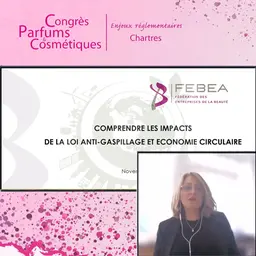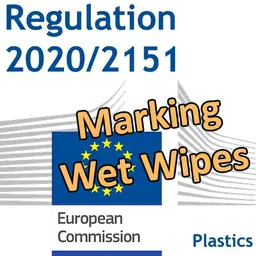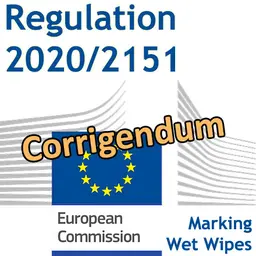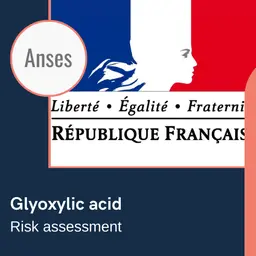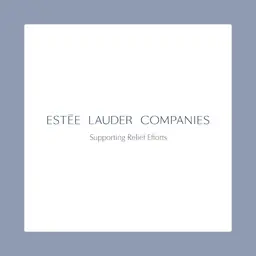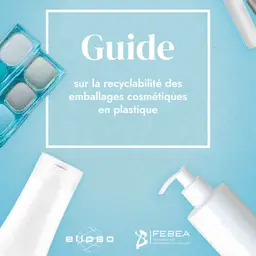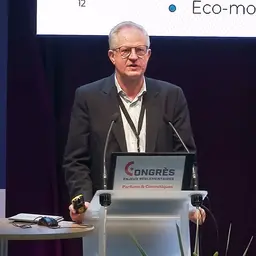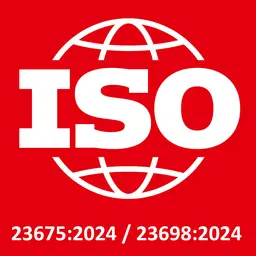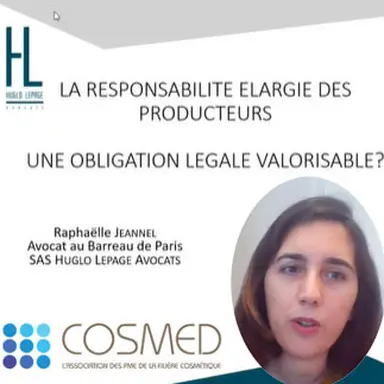
The principles of EPR (Extended Producer Responsibility) are not new, but they are back in the spotlight since the publication of the French law on Anti-Waste and Circular Economy (known as the AGEC law). Packaging used by consumers today, professionals tomorrow, wipes soon… are or will be included in this type of scheme. During the Regulatory Meeting organised by Cosmed on 25 March 2021, Raphaëlle Jeannel, lawyer at the Paris Court (Cabinet Huglo Lepage) explained in detail what EPR is and what obligations it entails… before showing how to make the most of it.
The aim of EPR is to involve producers more in the life cycle of the products they develop, manufacture, import, export, process, sell or make available, right from the design stage.
The principle of Extended Producer Responsibility was introduced into French law in 1975, and the first system was set up in 1992 for household packaging. The 1994 European Packaging Directive requires the introduction of EPR in all Member States by 1 January 2025.
Similar schemes were then introduced in France to gradually extend this waste management method to other used products, such as batteries, paper, electrical and electronic equipment, etc.
The principle of EPRs has recently been reaffirmed, in particular with the adoption of the “Circular Economy” package within the European Union, and in France, with the Anti-Waste for a Circular Economy law (AGEC law), published in February 2020. In particular, it established 11 new EPR channels, including one for single-use sanitary textiles (including pre-soaked wipes).
The principles of EPR
Article L.541-10 of the French Environmental Code defines Extended Producer Responsibility and specifies that “any individual or legal entity that develops, manufactures, handles, treats, sells or imports products that generate waste […] is required to provide for or contribute …

